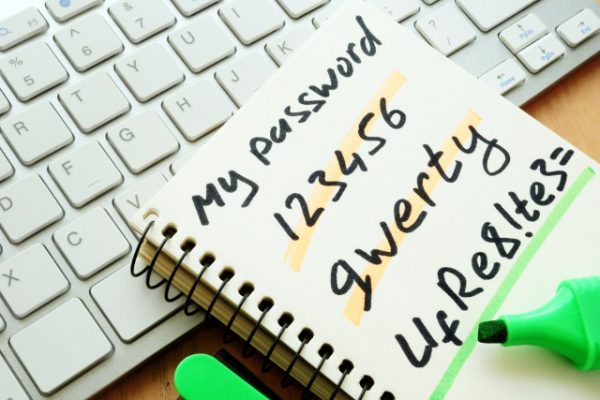Top tips for World Password Day

We're constantly being told that the password's days are numbered. No less a figure than Bill Gates predicted the end of the password as far back as 2004. Yet we still rely on them to protect many of our day-to-day activities.
To mark today’s World Password Day, Raj Samani, chief scientist and fellow at McAfee, has produced a set of tips that people can follow to make the best use of passwords.
- Create Strong Passwords. Never use family names, pets, birthdays, '12345' or 'password'. Many websites and apps will prompt you to include a combination of numbers, lowercase and uppercase letters, and symbols and this is for a good reason. The harder your password is to guess, the harder it is to crack.
- Use unique passwords for each of your accounts. Today's hackers are smart, if one of your passwords is hacked, it's probable the hacker will try and hack all of your accounts. Use different passwords to ensure your critical information across email, social media and banking apps is protected.
- Forgotten password problems. Relying on the 'forgot your password' link as a fallback option within a webmail service or other site isn't a wise move. The answers to the questions asked to unlock your account are often easily found on social media profiles of yourself or your friends/family, making the code easy to crack for hackers.
- Use a password manager. All of the above is great, but how are you supposed to remember 20 or more unique passwords? The answer is simple, a password manager, like the McAfee True Key App, for example, will help you to create complex and strong passwords and auto save them so you don't have to remember them all.
- Double up on protection. Advances in biometric technology such as fingerprint scanning and face and voice recognition are helping to improve security. Using a password in conjunction with at least one other authentication technique will help to protect your devices and data.
"Passwords are still the main line of defense for the majority of apps and devices we use daily," says Samani. "Yet a third of people rely on the same three passwords for every account they're signed up to. This is a high risk strategy. Just think, if you use the same password for email, social media and online shopping for example, a cybercriminal only needs to get their hands on the password once to potentially gain access to private and even financial information. But there are a few simple steps everyone can take to strengthen their password and help protect their personal information."
Image credit: designer491 / Shutterstock
